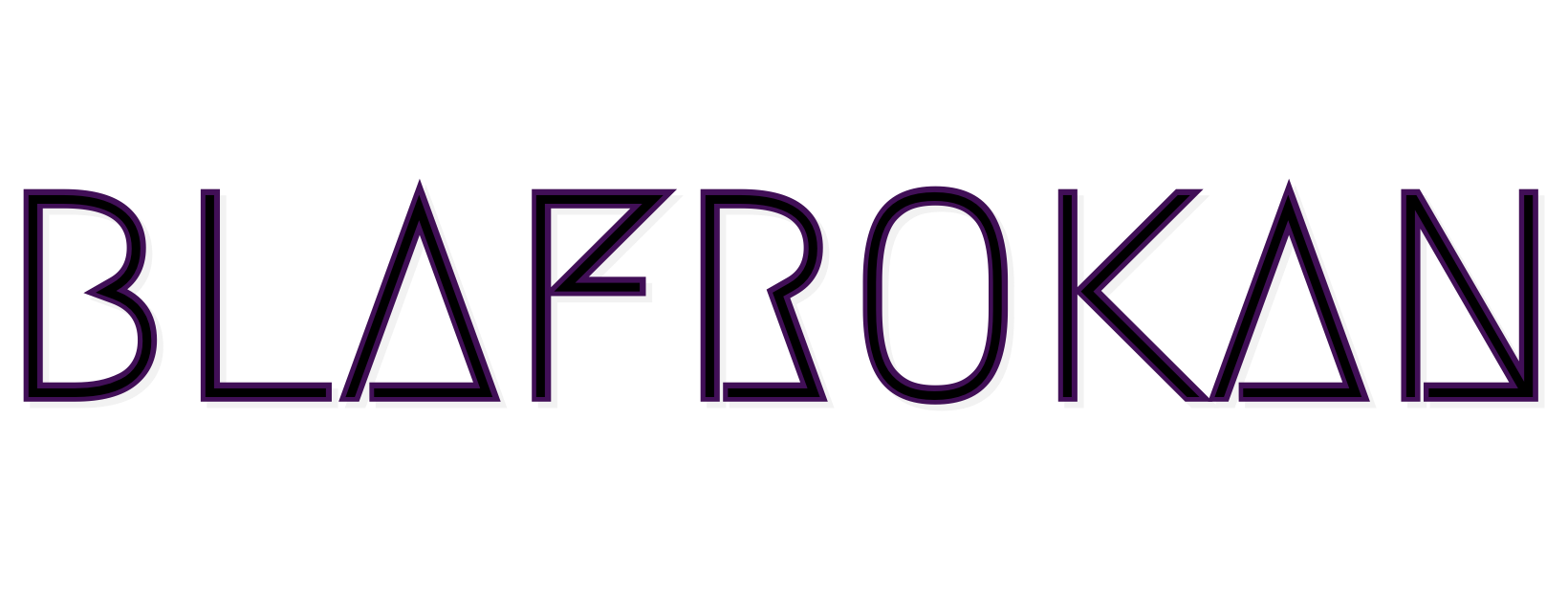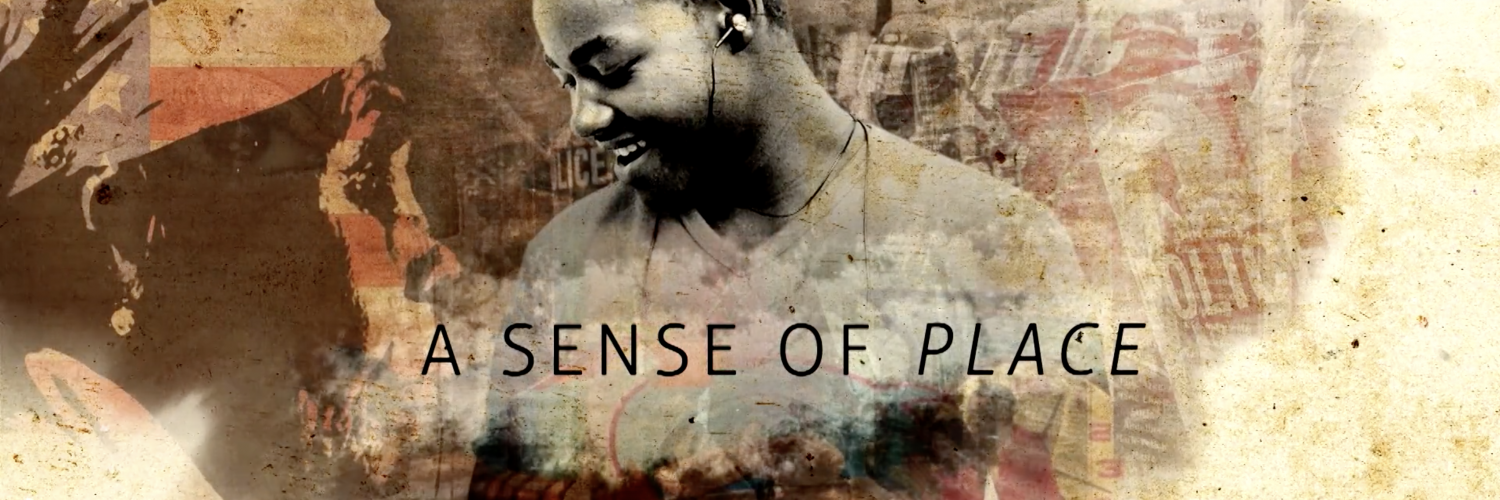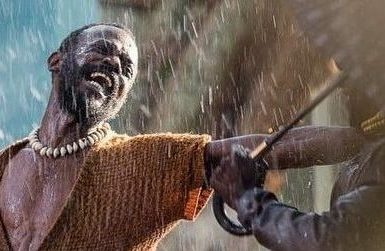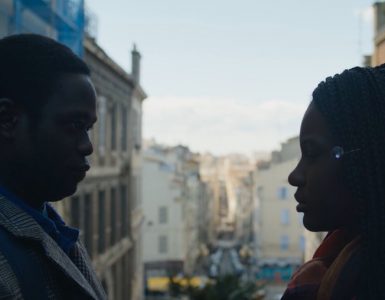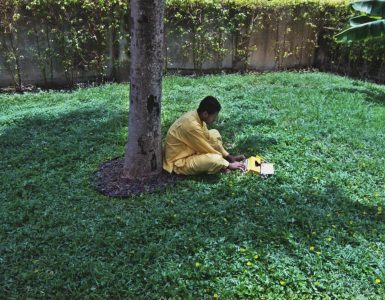View Tha RIGHT Thing™
Blafrokan Reflections:
- Do we actually care about one another if the plight and struggle of Africans born in America and Africans born abroad is largely ignored and dismissed? If we do not see one another’s struggle as our own, and align against one another’s oppressors, are we actually family? Are we not dividing our power?
- Capitalism ripens societies for exploitation and benefit over maligned and oppressed groups. Is there any true respect and loyalty for African people beyond ones personal identifying group, if we take no issue, to step over Africans we deem “other” for financial or western material gain? Does this kind of thinking move Africans as a whole towards sovereignty or further strengthen the grip of neo-colonialism?
- Moise explained how white people made a clear distinction, “You are not Black, you are African,” thereby dividing his identity, community, power and loyalty to all African people in one sentence. Does “Black” mean African and African mean “Black”? Do not all Original Black people around the world first originate from Africa?
- Is it possible to hold multiple truths of identity at the same time without exclusion to another? For example; can one be African, Black, Nigerian, Igbo, and American at the same time whilst upholding Black (African) collective concerns first? “Either, or” is a western paradigm unlike the African wholeness, inclusiveness paradigm of “both, and”.
- How can one’s oppressor be a greater friend or ally to an African immigrant unless structural racism and colonialism has fractured the African natives consciousness, and disempowered them to a point which they cannot properly welcome and receive their African immigrant sisters and brothers?
- African-Americans essentially do not run and control the United States, nor determine immigration policy. Therefore is it any surprise that immigrant people from any country respectively would not try to align themselves with those in power? Conversely, if one immigrates to another country, is not the onus on the immigrant to explore and align with native majority population most liken to themselves, ie. African-Americans if you are an African immigrant?
- There is a systemic racial and colonial power dynamic that seems to skew the rationale of both the African-American and the African immigrant. It misinforms African people into believing our struggles are separate, our relationship or lack thereof is without consequence, and the “American dream” supersedes any collective vision for an “African dream” to be realized in the form of African sovereignty, global African power. Are we seeking African power or Western/ Eurasian assimilation?
- What personal changes in thought and behavior are you willing to make to improve your relationships across ones personal identifying African/ Black group?
- What do you think the filmmaker was trying to convey and what did you take from the film?
Filmmaker: Bruno Moynie
